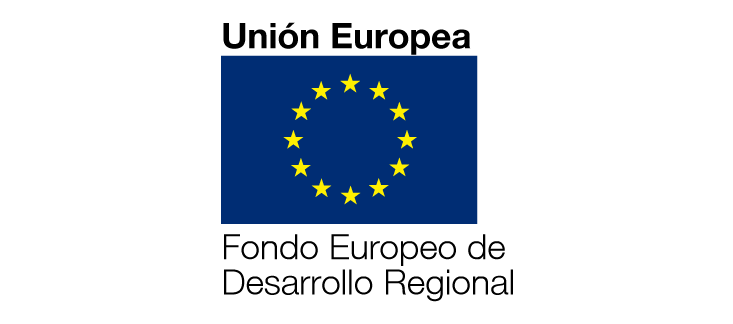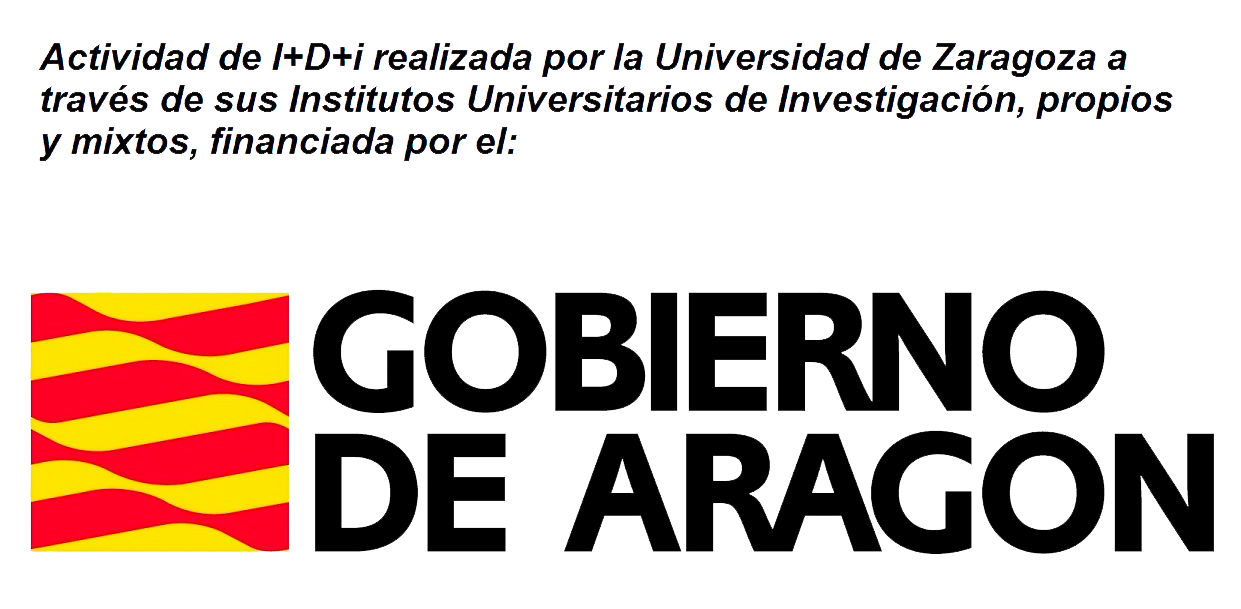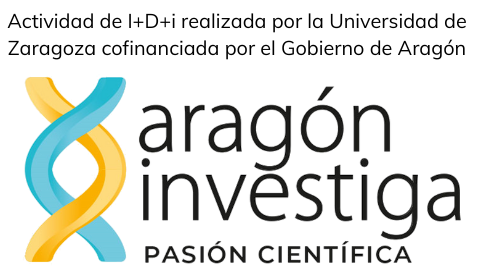The BIFI was present at the Researchers’ Night in the Paraninfo
On September 29, the institute took part in the Researchers’ Night with two activities to bring science closer to society in general.
Two experiments were proposed by the BIFI institute and were widely accepted by the public with great curiosity to know more about Chat-GPT and “molecular cuisine”.
The invitation to participate in the experiments and the researchers involved who explained and attended to the continuous interested parties were these:
 Experiment 1:
Experiment 1:
Title: From Neurons to Memes: The Secret of ChatGPT Revealed
Brief description: Have you ever thought what’s behind a clever answer from artificial intelligence? Join us on a journey where we will unravel the mysteries of ChatGPT . From the computing area of the BIFI Institute, we will play with this tool, which is currently so fashionable, and we will show you how a network of “digital neurons” can generate such human responses… and sometimes, more fun. Discover the perfect balance between science and humor in the world of AI.
Name of the members of the research team: Chema Rueda (BIFI) and Juan Luis Duran (Kampal )
Experiment 2:
Title: Scientific chefs: in search of the “Michelin Sphere”.
Brief description: Science has played a very important role in recent years in the world of cooking, giving rise to what is known as “molecular cuisine.” Do you want to know what is it about? The researchers at the University of Zaragoza will help you become true “molecular chefs” with the help of science. We will demonstrate how drinks such as juice, soft drinks, or even foods like yogurt, become gelatin spheres with only 2 ingredients: alginate (from algae) and calcium. An innovative and exotic way that will allow both adults and children to enjoy the striking combination of science and cuisine.
Name of participating researchers: Marta Martínez Júlvez (coordinator), Olga Arjona, Andrea Moreno, Paula Cinca, Irene Oliván , Víctor Correa, Diego Boj.
This activity is part of the # G9Missions project, through a consortium made up of the Group 9 Universities (G9), in which the University of Zaragoza is a member, and which extends to 13 cities.










